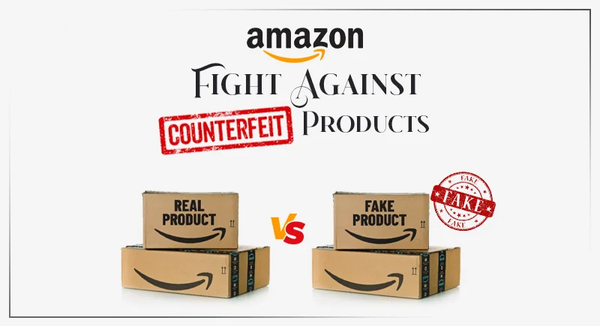Blockchain Technology: Enhancing Supply Chain Traceability and Anti-Counterfeiting

Blockchain technology is poised to revolutionize supply chain management by providing unprecedented levels of traceability and security, which are essential for combating counterfeiting and ensuring product authenticity. Traditionally associated with cryptocurrency, blockchain's decentralized and tamper-proof ledger allows for real-time tracking of goods across the entire supply chain, creating an immutable record of each product's journey from origin to destination. This transparency is crucial in industries where authenticity is paramount, such as pharmaceuticals, luxury goods, and agriculture.
By leveraging blockchain, businesses can create a secure and transparent network that allows all participants to access and verify product information in real time. This is particularly important in sectors where provenance and quality are critical. For example, in the agricultural sector, blockchain can verify the authenticity of organic certifications and ensure that products meet fair trade and responsible sourcing standards. This level of transparency not only helps in building consumer trust but also aids in the quick identification and recall of compromised products, thereby enhancing overall supply chain security.
Moreover, blockchain technology significantly reduces transaction costs and overhead by eliminating intermediaries and streamlining processes through the use of smart contracts. These self-executing agreements automate routine tasks and enforce contractual obligations without the need for manual intervention. This automation minimizes the risk of errors and disputes, leading to more efficient supply chain operations and substantial cost savings.
The integration of artificial intelligence (AI) with blockchain further enhances supply chain management. AI-driven analytics can monitor energy consumption, emissions, and waste, identifying areas for improvement. Blockchain ensures the accuracy and trustworthiness of this data, allowing stakeholders to collaborate on sustainable practices. This combination of AI and blockchain technology can transform supply chains into more eco-friendly and efficient systems.
To summarize, blockchain offers significant benefits for supply chains, including:
- Traceability: Provides an immutable record of a product's journey, enhancing accountability and enabling accurate recalls.
- Transparency: Offers real-time visibility into inventory levels, order statuses, and contract terms, improving decision-making and trust among participants.
- Cost Reduction: Eliminates intermediaries and manual processes, reducing administrative costs and minimizing errors.
- Real-Time Verification: Smart contracts validate data and trigger actions automatically, ensuring compliance with agreed-upon terms.
As businesses continue to adopt blockchain technology, its impact on supply chain management will only grow, providing more secure, transparent, and efficient operations that are essential for preventing counterfeiting and ensuring the authenticity of products.




